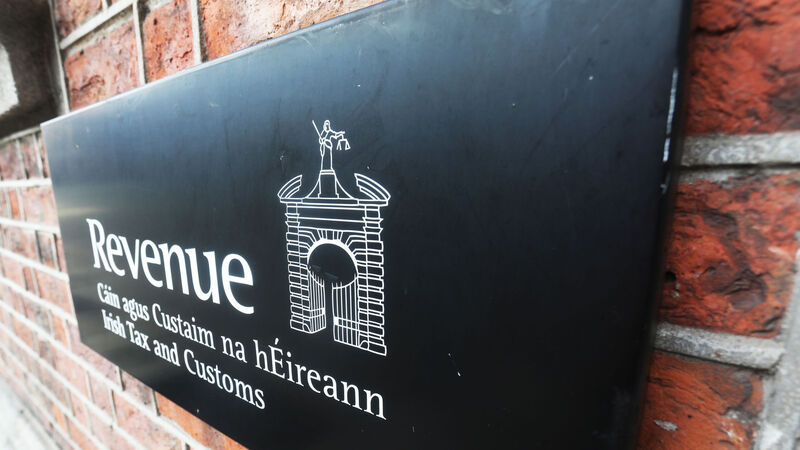Post-Covid crackdown sees 82,000 tax clearance certs rescinded

An application for a tax clearance cert will normally expire after one year in the case of a grant application and within four years for all other applications. File Picture: Leah Farrell / RollingNews.ie
A post-Covid Revenue crackdown led to more than 82,000 tax clearance certificates being rescinded last year - a staggering 1,460% increase on the previous year.
New figures show that a total of 5,290 tax clearance certs were rescinded in 2021 – 2,260 in the first half of the year and 3,030 between July and December.










